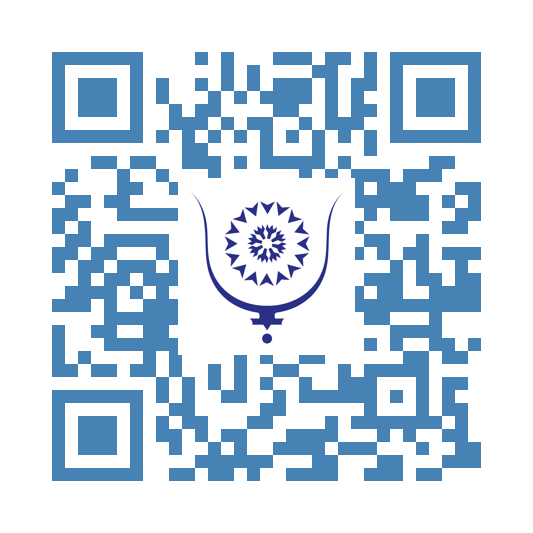Legislative Elections 2026 in Morocco: A Democratic Challenge Driven by Royal Initiative
212
His Majesty King Mohammed VI has officially tasked the Ministry of the Interior with preparing the 2026 legislative elections. This decision, announced in the 26th Throne Speech, represents both a solemn directive and a particular vote of confidence in the ministry. By the end of the year, the ministry is expected to have finalized the legal and organizational framework for the election.
Following this, Mr. Abdelouafi Laftit convened the main political parties for inclusive consultations aiming to guarantee a "model," transparent, and credible election, in accordance with royal instructions. This approach reflects a clear desire to strengthen the organization of elections by removing them from the direct influence of the government, particularly its head, Mr. Aziz Akhannouch, who is also president of the RNI party. This party is seen as having significant influence over the electoral process. Entrusting this mission to the Ministry of the Interior, recognized for its role as an institutional arbiter, aims to limit direct political interference and prevent any attempt to capture the vote by certain actors in power.
During the meeting, the minister emphasized the necessity for the elections to be "exemplary" and suggested that significant effort would be made to meet democratic and institutional expectations—implying that everything will be done to strictly implement the royal will, while distancing from all political factions.
A new electoral code specific to the House of Representatives is therefore being prepared, with an adoption planned before the end of 2025. The ongoing reflections and discussions address several key areas: updating or simplifying voter lists, with reliance solely on identity cards to identify voters; the moralization and regulation of campaign financing through stronger control, possibly including caps on candidate and party spending. Better transparency and a review of electoral districts based on the latest census are also on the agenda. The issue of the number of polling stations—which exceeded 40,000 in the last election—should also be discussed, as well as the representation of approximately 6 million Moroccans living abroad.
The current voting system, based on proportional representation by lists, could also be reconsidered to address shortcomings observed in 2021, particularly the tendency to favor "kingmakers" of deputies and local clientelism, often fueled by money.
Within the political sphere, there is rather a radio silence. The impression is that political parties are either indifferent or strategically cautious. The debate and torrent of ideas are thus taking place among commentators and other writers. There is a shared feeling that things must change if political life is to regain meaning. This is what His Majesty desires.
The introduction of a two-round single-member district voting system is one frequently cited idea as a possible way to reduce the influence of money and traditional networks of power. This voting method, never experimented with in Morocco, would favor a vote focused more on individuals than on party lists, thus strengthening democracy through better citizen mobilization and greater representativeness. So far, citizens have often been surprised by unnatural alliances formed after the vote, leaving voters without control over the final configuration. The two-round system has the advantage that any negotiation or alliance between parties occurs between the two rounds, at a time when citizens can still intervene by casting a second vote.
This profound electoral reform could respond to a major challenge: citizens' disenchantment with politics, shown by high abstention rates, fueled by perceptions of insufficient renewal, party inefficiency, and therefore of elected bodies.
To succeed, reform must go hand in hand with efforts by parties to renew their approaches, attract youth seeking alternatives, and rekindle popular interest in voting.
Moroccan political parties have historically had an ambiguous relationship with voters beyond their traditional bases. They even seem to discourage mass participation in the electoral process, fearing that their often small membership, relative to the statutory electorate, would be diluted. The PJD came to power with only 1.3 million votes, about one-tenth of potential voters. Some parties hold parliamentary groups despite having obtained only around 200,000 votes or less.
Parties are sometimes seen as unrepresentative and tainted by corruption accusations. However, they have a pragmatic interest in mobilizing their core voters to retain their political weight and public funding.
The prospects for a dynamic electoral campaign today appear limited by a certain apathy among political actors, hindering the expected democratic momentum.
Regarding the two-round single-member vote, although it might structure the political landscape around two major poles and encourage clearer alliances, it alone cannot neutralize the influence of money, networks tied to local leaders, or clientelism. This system could even exacerbate artificial polarization, marginalize smaller parties, and allow hidden alliances between major parties, harming transparency and democratic legitimacy. Risks also remain concerning lower participation between rounds and the complexity of changing voter opinions, potentially opening the door to strategic manipulations. Thus, complementary reforms are essential, notably in campaign finance transparency, the moralization of the electoral process, and control over local clientelism, to guarantee fairer and more credible political competition.
The royal decision to entrust the Ministry of the Interior with election management, inclusive dialogue with parties, and the declared will to moralize the process demonstrate a strong ambition for profound reform toward a fairer, more equitable, and trustworthy election.
The voting system remains central to the debate, but the success of the 2026 legislative elections will also depend on the ability to reinvent an electoral and political system capable of mobilizing citizens and establishing trust in Moroccan democracy.
Citizens are also called upon to embrace greater honesty and responsibility.
Share:
Legislative Elections 2026 in Morocco: A Democratic Challenge Driven by Royal Initiative
copy:
https://bluwr.com/p/339214275



